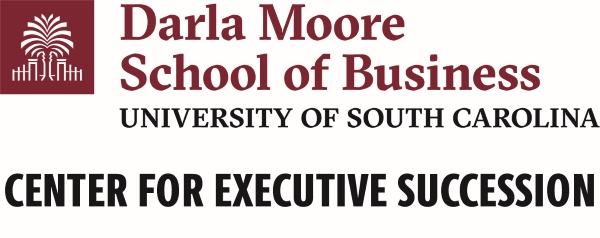Document Type
Report
Abstract
The 2018 HR@Moore Survey of Chief HR Officers again tracked how CHROs spend their time in seven roles identified when the survey was first developed. The results indicate minor changes, with CHROs spending more time with boards of directors and slightly less time as counselor/confidante/coach. In terms of the Chief Executive Officer’s agenda for HR, talent still tops the list by a significant margin. However, for the first time in the survey’s history, culture has risen to the second most popular agenda items, indicating a qualitative change in the requirements of CHROs. While quantitative data suggests that executive leadership team members (ELT) work effectively with one another, the qualitative data on how CHROs coach ELT members suggests that this is not accidental. They describe the ways in which they work to help ELT members to build relationships, they facilitate the flow of information from the CEO to the ELT and vice versa, they promote organizational effectiveness both for the corporation and for each ELT’s business, and they conduct personal coaching with ELT members. CHROs report that CEOs engage in relatively healthy decision making processes, but then also describe how they help to facilitate this. CHROs work to ensure that CEOs have all the relevant information in front of them, try to make sure CEOs hear the viewpoints of the right people, and help them to recognize unintended consequences of their decisions, particularly on stakeholders such as employees and customers. Finally, consistent with past survey results, CHRO roles continue to be filled predominantly with outside hires rather than internal promotions.
Publication Date
2018
Disciplines
Business
Copyright
© 2018, University of South Carolina
Publication Info
2018.


